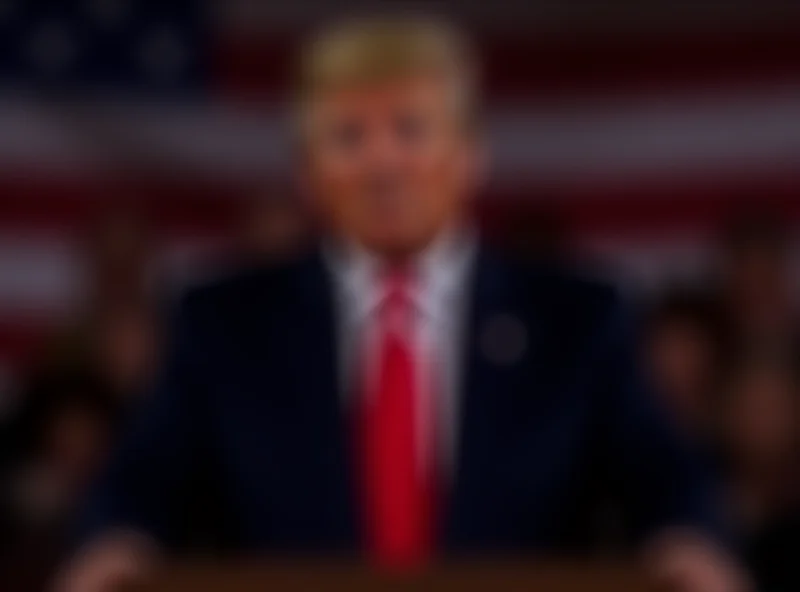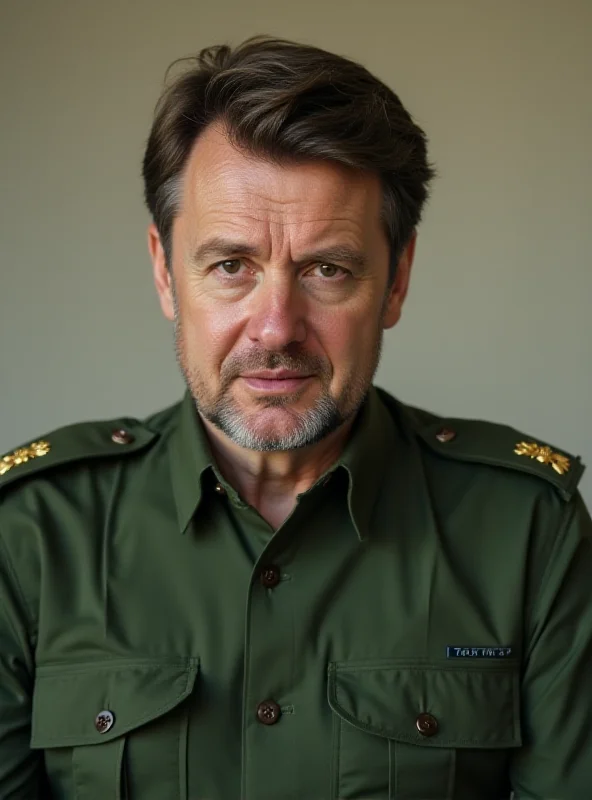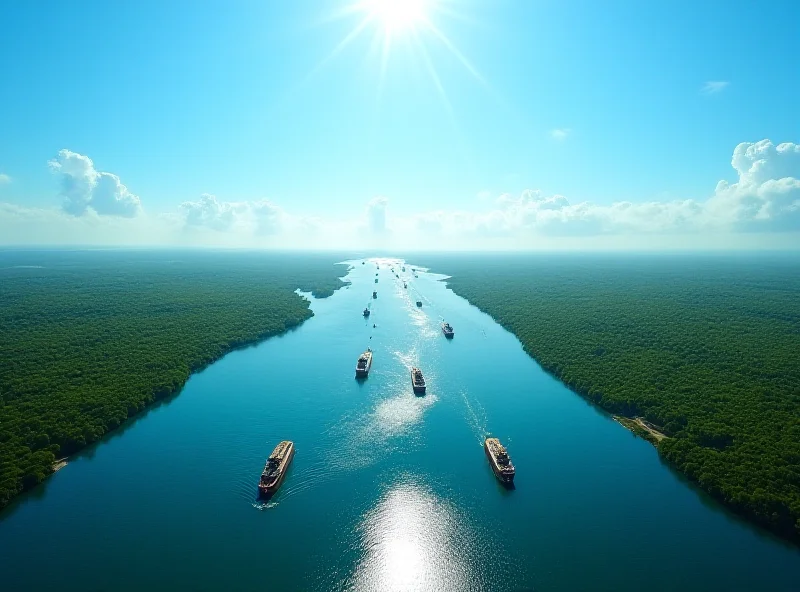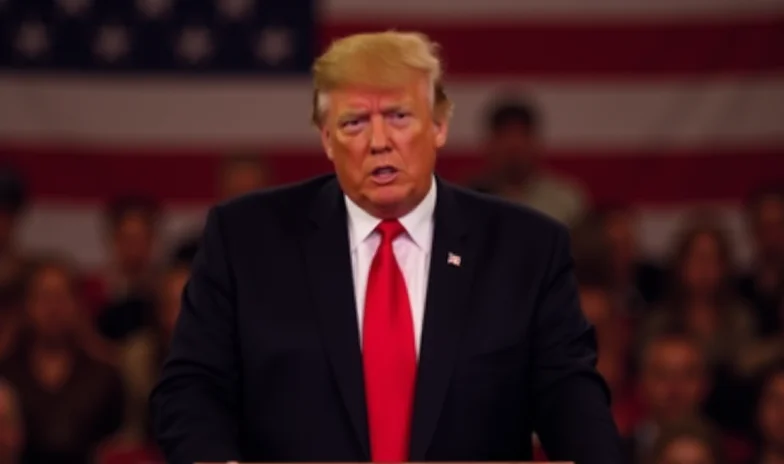Donald Trump's recent actions and statements regarding Ukraine have ignited a firestorm of international concern. From accusations of being influenced by a pro-Putin faction to a freeze on critical intelligence sharing, the former president's approach is raising serious questions about the future of US foreign policy.

Intelligence Sharing Halted
Adding fuel to the fire, the United States has reportedly paused the sharing of crucial battlefield intelligence with Ukraine. This decision, seemingly influenced by Trump, raises concerns about Ukraine's ability to defend itself against ongoing aggression. The move has been met with dismay by allies who view continued support for Ukraine as essential to maintaining global stability.
“This is a dangerous game,” one European diplomat commented, speaking on condition of anonymity. “Cutting off intelligence support undermines Ukraine's ability to defend itself and sends the wrong message to those who seek to destabilize the region.”
"Cocaine Clown" and Geopolitical Tensions
The tense atmosphere is further exacerbated by inflammatory rhetoric surrounding the key players. References to figures like Volodymyr Zelensky using terms like "Cocaine Clown," coupled with accusations of "Putin's Dirty Work," highlight the deeply polarized views and the charged geopolitical landscape.

Pro-Putin Influence in the White House?
Analysis suggests that a pro-Putin faction may be gaining influence within the White House, potentially shaping Trump's foreign policy decisions. Despite efforts from allies like France and the United Kingdom to maintain a strong stance against Russian aggression, Trump appears to be distancing himself from Ukraine, a move that benefits the Kremlin.
“The Kremlin has emerged as a major beneficiary of this shift,” one analyst noted. “And there are indications that some within the White House are actively working to advance Russian interests.”
Panama Canal Controversy
Trump's controversial statements aren't limited to Ukraine. His recent remarks regarding the Panama Canal have also sparked outrage. Panama's President José Raúl Mulino accused Trump of "lying again" after Trump reiterated his call to take back control of the Panama Canal in a speech to a joint session of Congress. Mulino called Trump's remarks an "affront to the truth and our dignity as a nation."

These developments paint a picture of shifting alliances and increasing uncertainty on the global stage. As Trump's influence continues to shape US foreign policy, the world watches with bated breath, wondering what the future holds for international relations.
